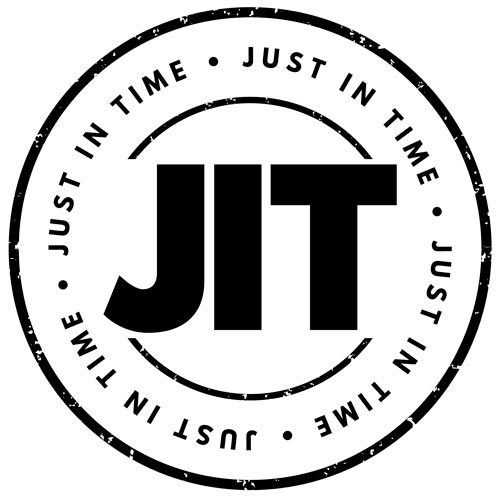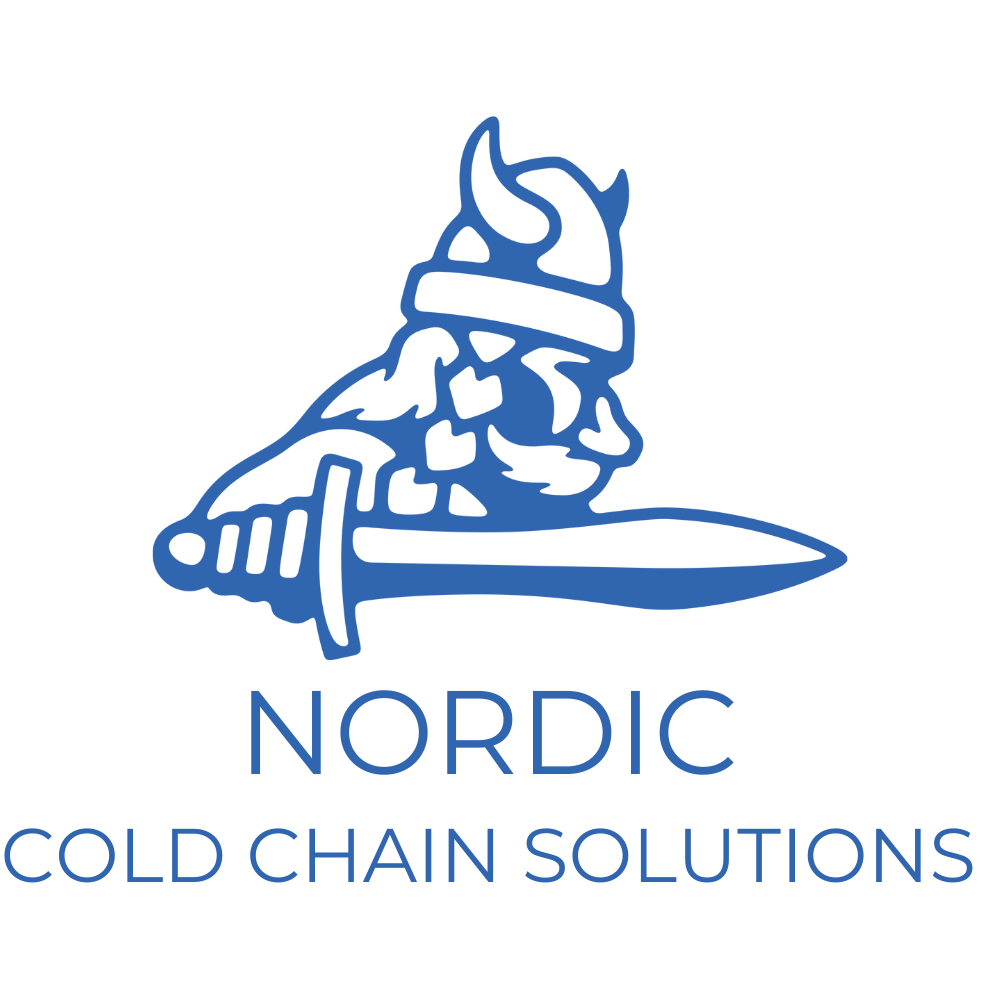As the seasons transition, logistics and supply chain professionals face ongoing challenges in maintaining the integrity of temperature-sensitive shipments. Fall brings its own hurdles, including fluctuating temperatures, variable humidity levels, and shifting demand patterns. Despite these seasonal challenges, we ensure the quality and safety of perishable goods with our advanced cold chain technologies for freight forwarding all year round.
Understanding Seasonal Impacts on Cold Chain Logistics

- Temperature Changes: The transition from summer’s heat to fall’s cool can result in significant temperature swings that jeopardize the stability of perishable items. Ensuring a consistent temperature throughout transportation and storage is vital for products like fresh produce, dairy, and pharmaceuticals. Advanced insulation materials and temperature-controlled packaging are pivotal in mitigating these risks.
- Humidity Control: Fall often increases humidity, affecting certain goods’ shelf life and quality. Implementing dehumidification techniques and moisture-resistant packaging can help maintain optimal conditions for sensitive products.
- Demand Fluctuations: As consumer preferences shift with the season, so does the demand for various perishable items. Logistics professionals must be agile in adjusting inventory levels and delivery schedules to meet these changing needs. Data analytics and tracking systems can provide valuable insights into demand patterns, enabling proactive adjustments to supply chain operations.
- Innovative Solutions: Leveraging real-time monitoring systems ensures continuous oversight of environmental conditions, allowing for immediate corrective actions when deviations occur. Additionally, just-in-time delivery models can reduce transit times and enhance the freshness of perishable goods upon arrival. Learn more in our article, JIT Inventory Programs: Streamlining Cold Chain Operations for Freight Forwarders.
Tailored Solutions for Temperature-Sensitive Shipments
Specialized Pallets

Specialized pallets play a critical role in enhancing the stability and insulation of perishable goods during transit. These pallets are engineered to provide superior thermal protection, essential for maintaining temperature-sensitive items’ integrity. We offer a range of specialized pallets designed to keep products at optimal temperatures, reducing the risk of spoilage and degradation. These pallets often feature advanced materials and construction techniques that provide better insulation and stability than traditional wooden or plastic pallets. By using specialized pallets, logistics providers can ensure that perishable goods remain within the required temperature range throughout transportation, thereby safeguarding product quality and extending shelf life.
Just-In-Time (JIT) Programs

Just-In-Time (JIT) programs are a highly effective strategy for reducing inventory waste and ensuring fresh deliveries. In the context of cold chain logistics, JIT involves aligning production schedules closely with delivery times so that products are shipped and received exactly when needed, without excessive storage periods. This approach minimizes the time perishable goods spend in transit or storage, thereby maintaining their freshness and quality. By adopting JIT programs, companies can reduce holding costs, decrease waste due to spoilage, and improve overall supply chain efficiency. Implementing JIT requires precise coordination and real-time data sharing between manufacturers, suppliers, and logistics providers to ensure that every link in the supply chain is synchronized.
Phase Change Materials (PCMs)

Phase Change Materials (PCMs) are substances that absorb and release thermal energy during melting and freezing, helping maintain consistent temperatures. In cold chain logistics, PCMs are used in packaging, containers, and pallets to provide a reliable way to keep perishable items within safe temperatures. Recent advancements in PCM technology have led to the development of more efficient and cost-effective materials that offer improved thermal regulation. These innovations include PCMs with tailored melting points that match the specific temperature requirements of different perishable goods. By incorporating PCMs into cold chain solutions, companies can ensure that temperature-sensitive products are protected against temperature fluctuations, thus preserving their quality and extending their shelf life.
Ensuring Cold Chain Success Through Seasonal Transitions
By addressing these seasonal challenges with strategic planning and innovative technologies, logistics and supply chain professionals can ensure the safe and efficient delivery of temperature-sensitive goods throughout fall and the rest of the year. Implementing advanced monitoring systems, specialized packaging, and real-time data analytics allows for proactive management of potential risks. 
Collaborating closely with partners and adopting best practices tailored to the unique demands of fall logistics can further enhance operational efficiency. Ultimately, by staying ahead of these challenges and leveraging the latest cold chain solutions, companies can maintain the integrity and quality of perishable products, ensuring customer satisfaction and minimizing waste. This comprehensive approach secures the supply chain and contributes to a sustainable and resilient logistics network ready to meet any season’s demands.







